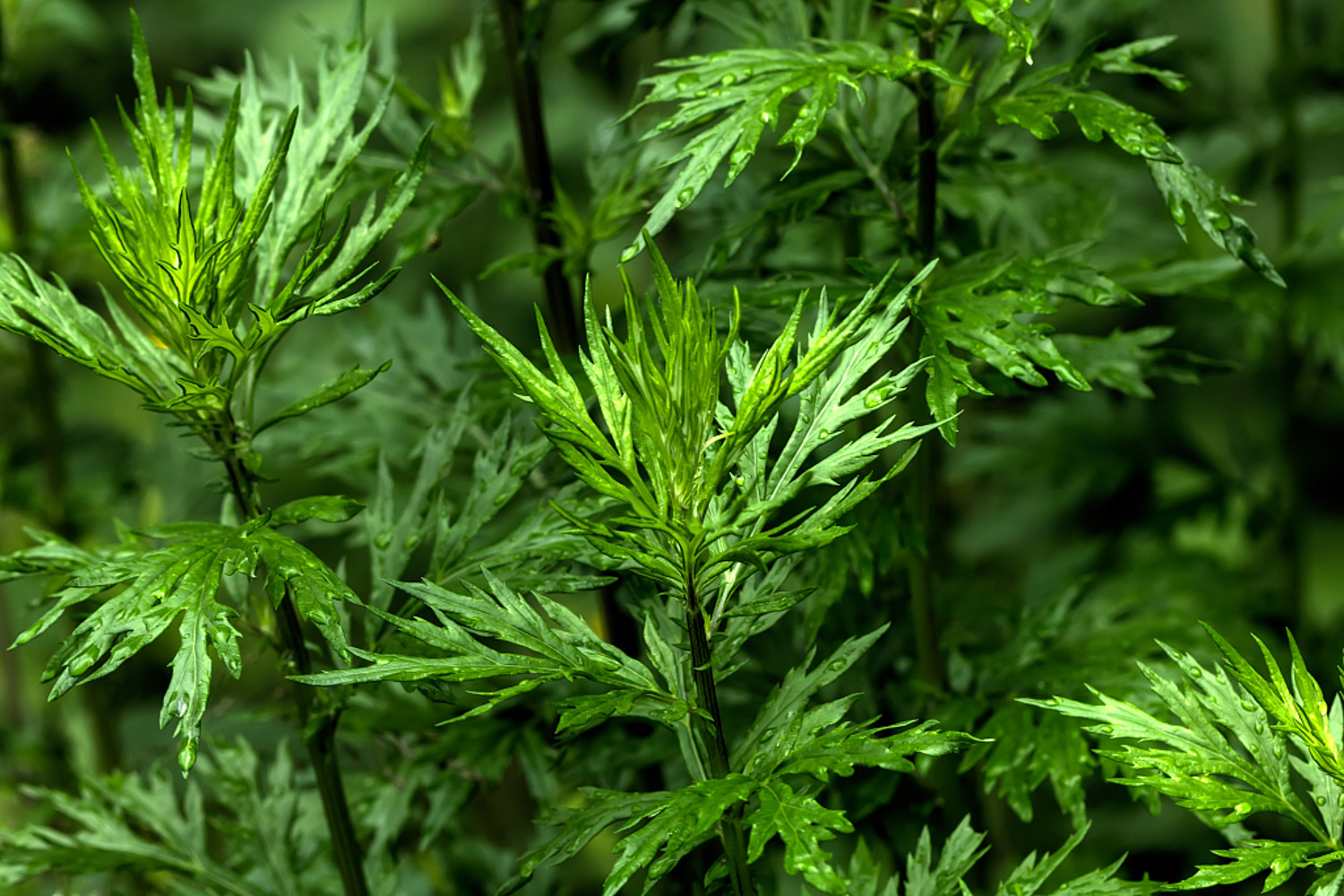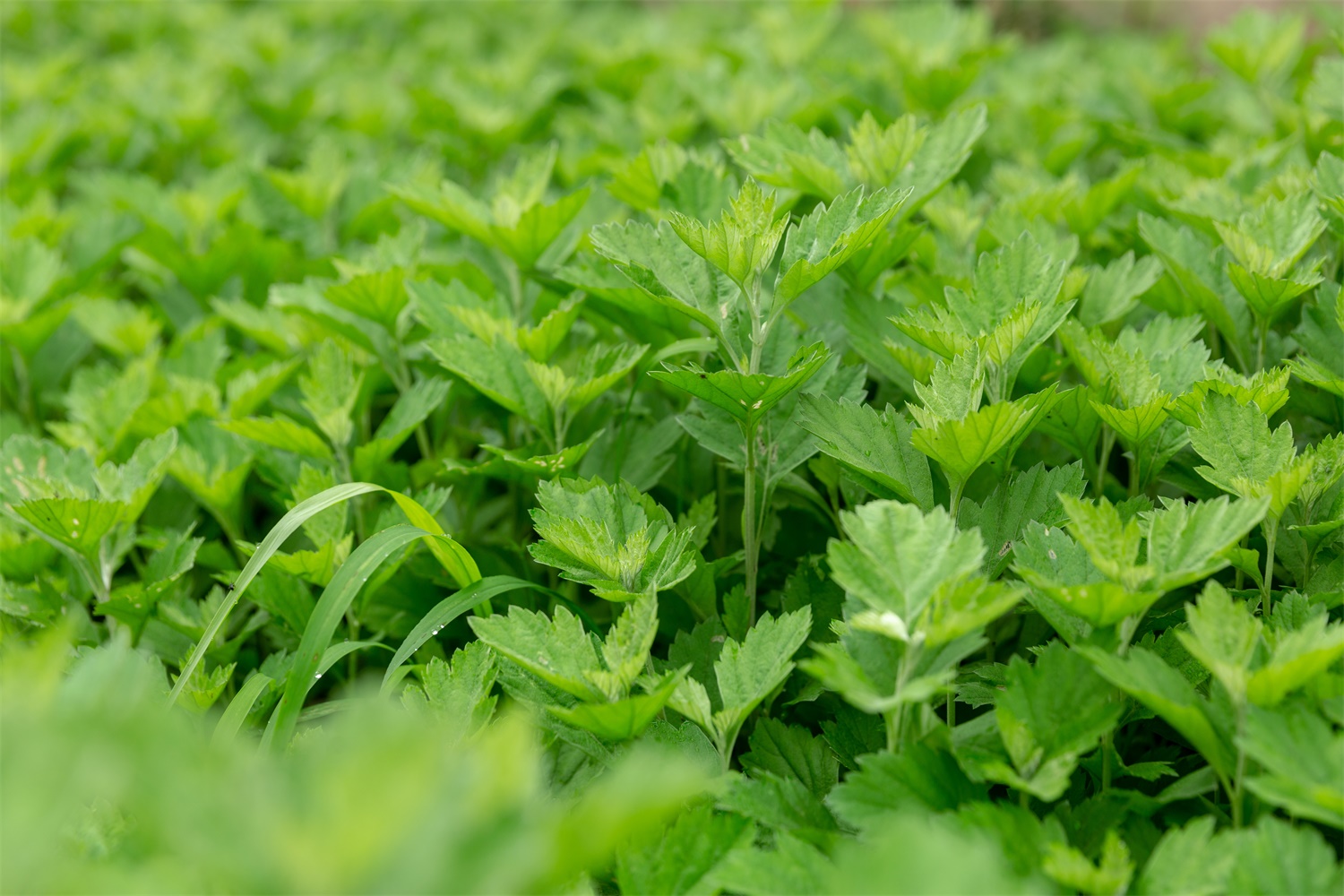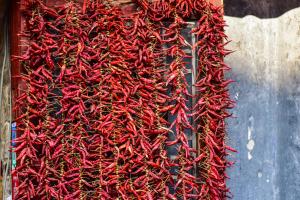1、 Curing method
1. Temperature: it can withstand high temperature and low temperature. As long as it is not in extremely cold areas, it can be planted in general areas. The breeding temperature needs to be kept between 15 and 25 degrees. If the temperature is too low, it needs to be kept warm. If the temperature is too high, it needs to be cooled by spraying water

2. Watering: there is no fixed time to water it. Watering is only needed when the soil is completely dry. The amount of watering should not be too much. Just water the soil completely wet. Spraying can be used for watering. In this way, the advantage of watering is that the water droplets are evenly distributed and conducive to plant absorption

3. Fertilization: before planting seedlings, the soil needs to be mixed with base fertilizer. When the seedlings grow to about 30 cm, they need topdressing once. The fertilizer should be special fertilizer for wormwood, or it can be replaced by farmyard fertilizer

4. Light: the cultivation of wormwood needs to ensure sufficient light. It has a high demand for light. It will grow well only when there is sufficient light. The amount of light per day cannot be less than 6 hours, except that it needs shade at noon in summer. Normal light is available at other times

2、 Breeding skills
1. Breeding: it usually uses the sowing method to reproduce. The breeding time should be after the beginning of spring. Many people do not choose the right sowing time, which will lead to the loss of plant yield. After the beginning of spring, the climate is stable and the temperature is suitable for its growth and development. Therefore, it should be selected after the beginning of spring. When sowing seeds, keep the spacing between 40 and 50 cm. When the seeds are sown, you need to change a layer of soil, and then pour enough water

2. Pruning: it generally does not need to be re cut. It only needs to be pruned when there are yellow leaves and insect infection. When pruning, cut off the problematic leaves and disinfect the incision

3、 Problem diagnosis
1. Insect pests: it has relatively few insect pests. It needs to pay attention to aphids and black rot. after the disease occurs, it needs to be sprayed with carbendazim or insecticide

2. Rotten roots: its roots are not resistant to waterlogging. If the soil is too wet and ponding occurs, it is easy to lead to root rot. at this time, it needs to be dug out, the rotten parts removed and disinfected, and then replanted

4、 Other issues
1. Toxicity: it is non-toxic. It is not only non-toxic, but also can be used as medicine

2. Edible: it is edible. In addition to being used as a medicinal product, it can also be directly used for cooking and has the function of warming and tonifying the body


 how many times do yo...
how many times do yo... how many planted tre...
how many planted tre... how many pine trees ...
how many pine trees ... how many pecan trees...
how many pecan trees... how many plants comp...
how many plants comp... how many plants can ...
how many plants can ... how many plants and ...
how many plants and ... how many pepper plan...
how many pepper plan...





























